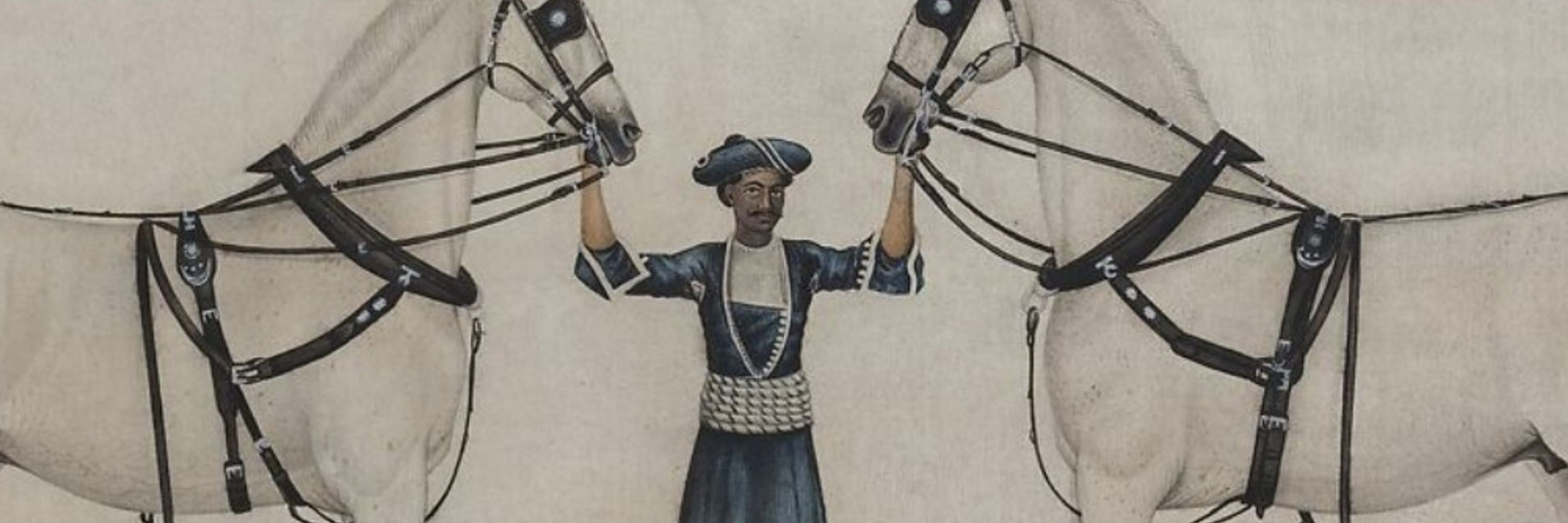
Historian of Britain and colonialism, material culture, the EIC. Also works on equalities, museums, open access & research policy. Download the EIC @ Home open access volume here: https://www.uclpress.co.uk/products/88277 (or individual chapters via JSTOR) .. more
Historian of Britain and colonialism, material culture, the EIC. Also works on equalities, museums, open access & research policy. Download the EIC @ Home open access volume here: https://www.uclpress.co.uk/products/88277 (or individual chapters via JSTOR)
Margot C. Finn is a British historian and academic who specialises in Britain and the British colonial world during the long nineteenth century. She has been Professor of Modern British History at the University College, London (UCL) since 2012. Finn was previously the President of the Royal Historical Society and a trustee of the Victoria & Albert Museum. .. more

